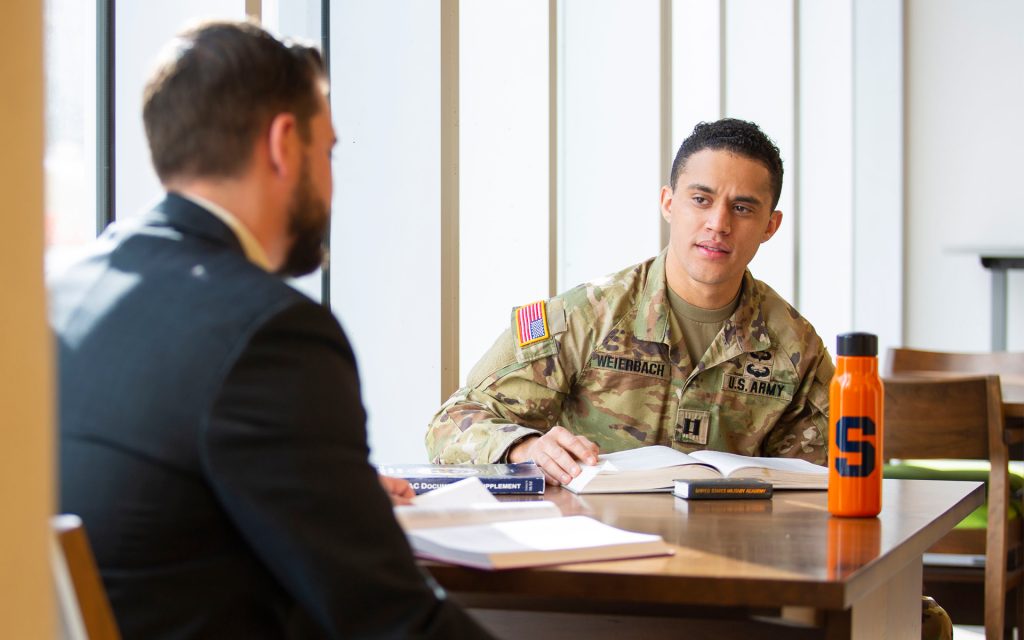
I took Criminal Defense Clinic during my second-year Fall semester. I found this course to be one of the most valuable learning experiences during my law school education, primarily because:
- I was afforded the opportunity to practice the legal skills I have learned, and
- I received close mentorship from a licensed attorney and professor.
Though I was the only second-year law student in the class and likely the only one who hadn’t taken a course on evidence or client counseling, I found that the client and court-facing encounters came seamlessly. I suspect this is because I had led soldiers and reported to commanders during my time as an Infantry officer in the U.S. Army. The skills that I acquired prior to law school, namely interpersonal communication, and attention to detail, served me well as I conducted client interviews and court appearances.
During the course of the semester, my partner and I represented approximately seven clients from arraignment to disposition. In most of these appointments, we met the client in the courtroom on the day of their arraignment. This is typical in the Syracuse City Court system as it is in many jurisdictions throughout the country. Per the limitations of our appointment order, our clients all faced infractions or misdemeanors in the Syracuse City, Town of Geddes, or Village of Skaneateles Courts.
Our representation included client intake counseling, District Attorney negotiations, regular client meetings, and court appearances. My partner and I met weekly with Professor Gary Pieples, Director of the Criminal Defense Clinic, who was the counsel of record for each case. In these meetings, we informed our professor of what we learned during our client meetings, conversations we planned to have with the District Attorney, legal research regarding the case, and any other legal or ethical issues that might arise. Our professor, who has decades of criminal law experience, advised us on the best way forward for each case. These meetings synthesized the legal concepts we learned in our substantive classes with the practicalities of real-world practice. Our reference point for most of the issues we encountered was the New York State Criminal Law Handbook —which is a volume that includes New York Penal Law and procedure, inter alia – and case law which we referenced either on Lexis or Westlaw.
The most rewarding aspect of the Criminal Defense Clinic was seeing clients to an amenable disposition. Many of our clients were first time offenders who came from underserved populations within the Syracuse metropolitan area, the folks who most needed competent, zealous advocacy. It was my honor to serve them and our community.
